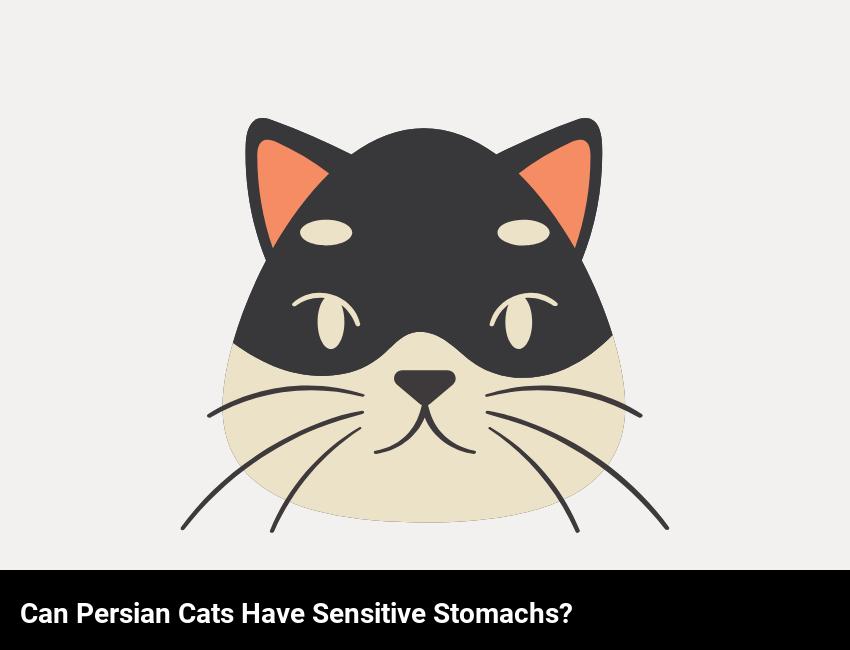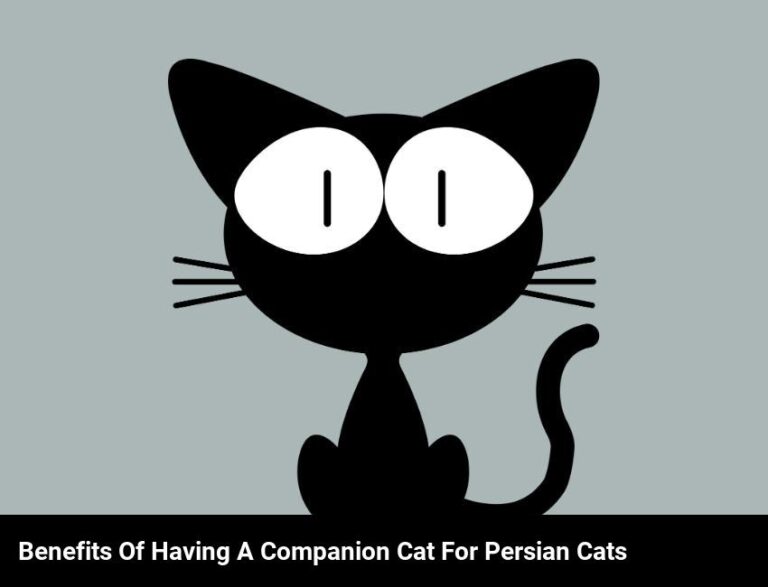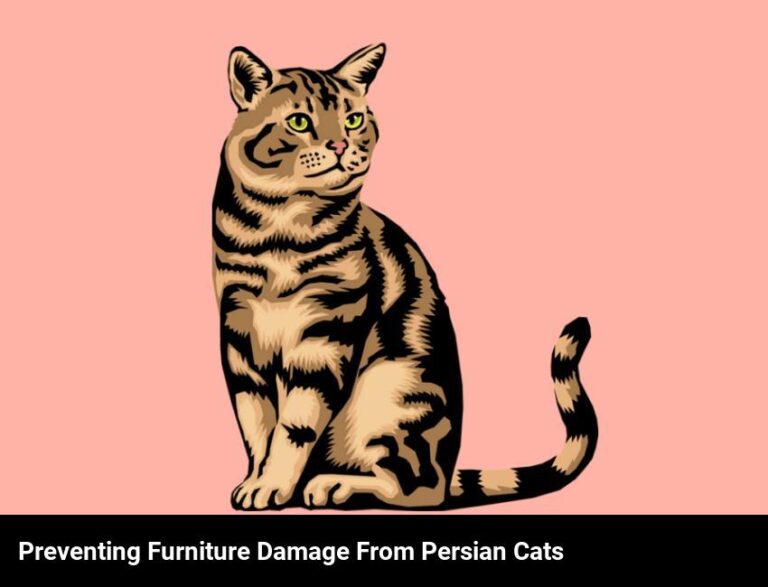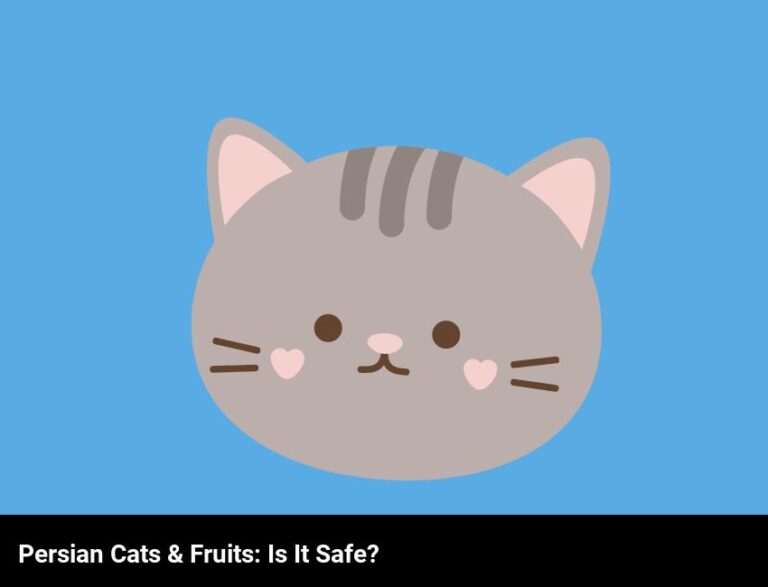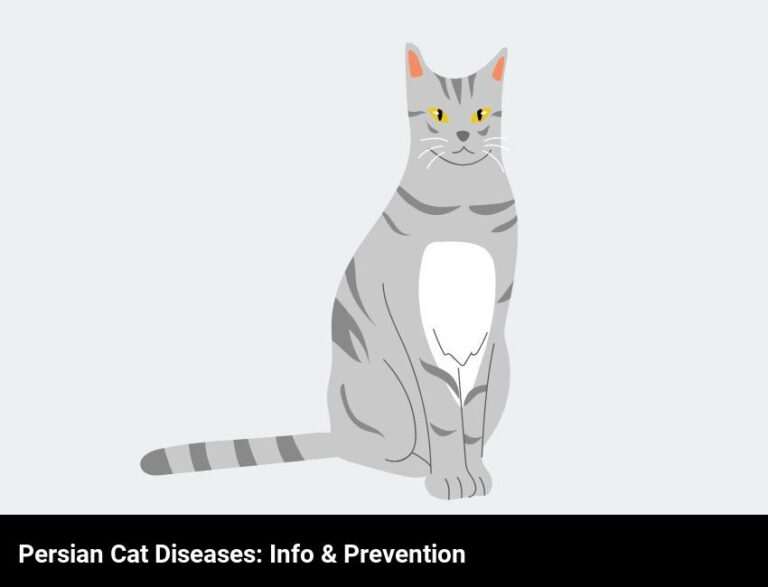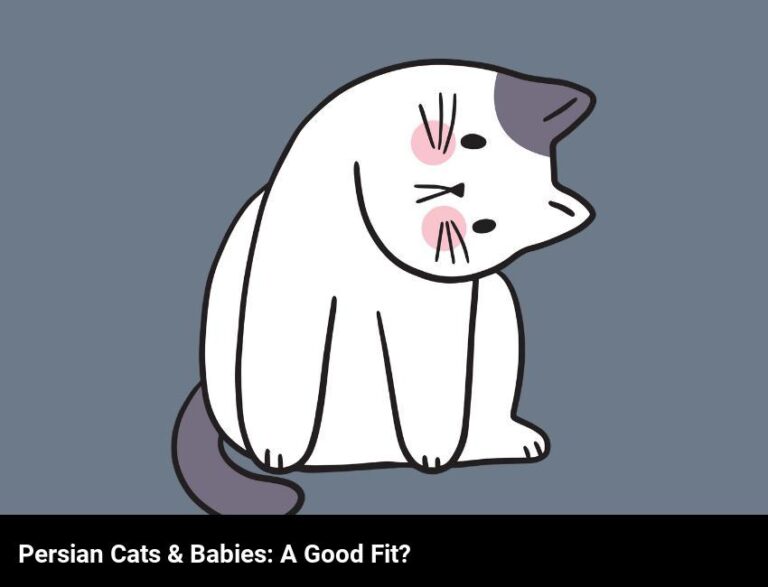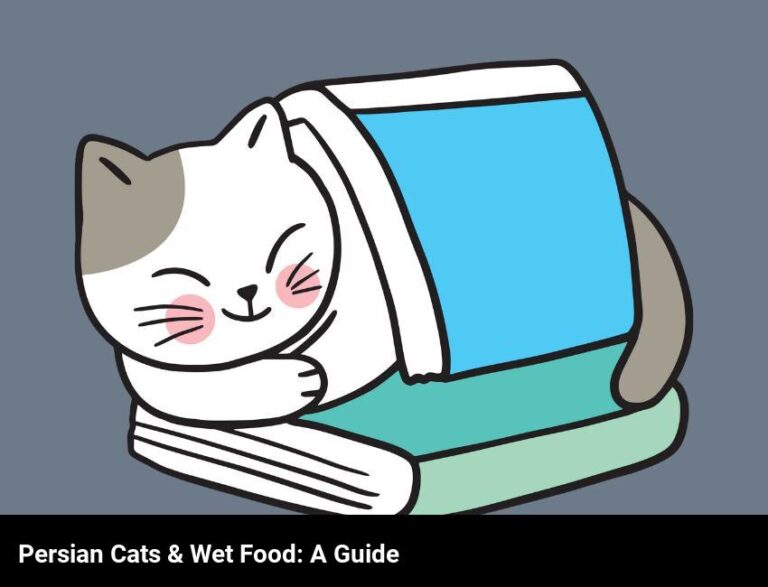Do Persian Cats Suffer From Sensitive Stomachs?
No, Persian cats do not suffer from sensitive stomachs more than other cats. However, all cats should be fed a high quality diet to keep their digestive system healthy.
As a proud owner of a Persian cat, I know one of the biggest concerns is their sensitive stomachs. I recently noticed my own Persian cat was suffering from a few digestive issues and started to worry. After doing some research, I discovered that sensitive stomachs are not uncommon in these cats. It can be caused by diet, stress, and other environmental factors. I wanted to share my experience and learnings so that other Persian cat owners can understand what to look for and how to help their cats when they have digestive issues.
In this blog, I’ll be exploring the most common digestive issues that Persian cats face, the possible causes of sensitive stomachs in these cats, what symptoms to watch out for, and potential treatments. I’ll also be sharing some diet tips that I’ve learned along the way that can help your Persian cat with sensitive stomachs feel better.
What are the most common digestive issues that persian cats face?
Yes, Persian cats are known to sometimes suffer from digestive issues. The most common include diarrhea, constipation, upset stomach, and vomiting. These symptoms can be caused by a variety of factors, such as an inappropriate diet, a change in environment, stress, or a gastrointestinal infection.
Diarrhea is generally caused by a change in diet, or a food intolerance. If your Persian cat is having diarrhea, it’s important to monitor their food intake and provide them with a diet that is easy to digest. If the problem persists, it’s best to consult your veterinarian.
Constipation can be caused by dehydration, a diet that’s low in fiber, or a lack of exercise. It’s important to make sure your Persian cat has access to plenty of fresh water and a high-fiber diet. If the problem persists, your veterinarian may recommend laxatives or a special diet.
Persian cats can sometimes suffer from upset stomachs, which can be caused by a number of factors, including stress, an inappropriate diet, or a virus or bacteria. If your cat is suffering from an upset stomach, it’s important to monitor their diet and environment to try and identify the cause. If the problem persists, you should talk to your veterinarian.
Finally, Persian cats can sometimes suffer from vomiting, which can be caused by a variety of issues, such as a food intolerance, a virus or bacteria, or a toxin. If your cat is vomiting, it’s important to look for other signs of illness or distress, such as lethargy or lack of appetite. If the problem persists, you should consult your veterinarian.
Overall, Persian cats can suffer from a variety of digestive issues. It’s important to monitor your cat’s food intake and environment, and consult your veterinarian if the problem persists. With proper care and a healthy diet, you can help ensure your Persian cat’s digestive system stays in tip-top shape.
What could be causing sensitive stomachs in persian cats?
Do Persian cats suffer from sensitive stomachs? The answer is yes. In fact, the breed is known for its sensitive digestive system. So, what could be causing your Persian cat’s sensitive stomach?
There are a few potential reasons why your Persian cat might be having stomach issues. One common culprit is dietary changes. Persian cats tend to be picky eaters and any sudden change in their diet can lead to an upset stomach. It’s important to transition your cat’s diet slowly, introducing new foods one at a time to give their digestive system a chance to adjust.
Another potential cause of sensitive stomachs in Persian cats is stress. Cats can be sensitive to changes in their environment and this can lead to digestive issues. If your Persian cat is feeling stressed or anxious, it may manifest in their stomach. Make sure your cat is in a calm and comfortable environment and look for signs of stress such as decreased appetite and changes in behavior.
Finally, it’s possible that your Persian cat is just predisposed to sensitive stomachs. As a breed, they are known to be more prone to digestive issues than other cats. This means that even with the best of care, they may still suffer from stomach sensitivities. To help reduce the severity of these issues, make sure you are feeding them a high-quality diet and providing them with plenty of love and attention.
What symptoms should you watch out for if your persian cat has a sensitive stomach?
If your Persian cat has a sensitive stomach, you should watch out for a few key symptoms. First, you may notice that your cat displays signs of discomfort after eating. This could include vomiting, excessive salivation, or a lack of appetite. Diarrhea and constipation are also common signs of a sensitive stomach, and your cat may pass bloody stools. Additionally, if your cat is suffering from a sensitive stomach, you may notice that she is drinking more water than usual.
If you notice any of these symptoms in your cat, it is important to take her to the vet. While a sensitive stomach is not necessarily a serious condition, it can be a sign of a more serious underlying issue. It is important to properly diagnose your cat’s condition so that you can provide the best possible care.
Fortunately, there are a few simple steps you can take to help your cat’s sensitive stomach. First, feed your cat a high-quality, grain-free diet. This will help your cat digest her food more easily. It is also important to ensure that your cat is getting enough exercise and playtime each day. Finally, make sure to keep your cat’s litter box clean and free of debris. Following these steps can help protect your cat’s sensitive stomach and keep her healthy and happy.
Are there any specific diet recommendations for persian cats with sensitive stomachs?
Yes! If you have a Persian cat with a sensitive stomach, there are specific diet recommendations that can help. To start, try switching to a high-quality, grain-free, and low-carb diet. This type of food has fewer fillers and allergens, so it should be easier for your cat to digest. Also, try to find food specifically designed for cats with sensitive stomachs. These are usually higher in fiber, which can help reduce upset stomachs.
When it comes to treats, it’s best to stick to simple, natural options like plain cooked meat or canned fish. Avoid foods that are high in sugar, artificial colors, and preservatives, as these can all contribute to your cat’s digestive issues.
Finally, make sure your cat is getting enough exercise. Exercise helps keep the digestive system running smoothly and prevents your cat from becoming overweight or obese. Keep an eye out for any changes in your cat’s behavior that could signal digestive issues, and be sure to talk to your vet if you have any concerns. With the right diet and exercise, your cat should be able to enjoy a healthy, happy life.
How can you help your persian cat with sensitive stomachs feel better?
Yes, Persian cats can suffer from sensitive stomachs, so if your Persian cat is having stomach problems, there are some steps you can take to help them feel better.
First, make sure you’re feeding your cat the right food. Persian cats need a diet that is high in protein and low in fat. Look for a food that is specifically made for cats with sensitive stomachs. A high-quality, grain-free diet is usually best.
Second, try to stick to a regular feeding schedule. If you feed your cat at the same time every day, their stomach can adjust and become less sensitive. Also, try to feed your cat several small meals throughout the day rather than one or two large meals.
Finally, pay attention to your cat’s behavior. If your cat’s stomach isn’t feeling well, they might not be as active or playful as usual. Make sure to take them to the vet if the symptoms don’t improve or if your cat appears to be in pain.
By following these tips, you can help your Persian cat get relief from their sensitive stomachs. With proper nutrition and care, your cat can feel better in no time.
What treatments are available to help persian cats with sensitive stomachs?
Do Persian cats suffer from sensitive stomachs? That’s a great question! The good news is, yes, treatments are available to help Persian cats with sensitive stomachs.
The first thing to do is talk to your vet. They may suggest switching to a more digestible diet for your cat. There are plenty of specially-formulated cat foods designed for cats with sensitive stomachs. These diets are often made with easily digestible ingredients, making them easier for your Persian cat to process.
You can also try adding probiotics to your cat’s diet. These are beneficial bacteria that help keep your cat’s stomach and digestive system in balance. Your vet can recommend the right type and dosage for your cat.
Another option is to try giving your cat special supplements, such as omega-3 fatty acids. These can help improve digestion and reduce inflammation in the digestive system. Again, your vet can recommend the right type and dosage for your cat.
Finally, be sure to keep your Persian cat’s environment as stress-free as possible. Stress can trigger sensitive stomachs, so make sure your cat has plenty of places to hide, plenty of toys to play with, and plenty of quality time with you.
By taking these steps, you can help ensure your Persian cat stays healthy and happy.

Frequently Asked Questions
Can i help my persian cat’s sensitive stomach?
Yes, you can help your Persian cat’s sensitive stomach. Start by monitoring their diet and avoiding foods that may trigger digestive issues. Feed them high-quality food that is free from preservatives and fillers. Talk to your vet about the food that is best for your Persian cat and consider adding probiotics to their diet. Make sure your cat is getting plenty of exercise and always has access to fresh water.
What kind of diet is best for a persian cat with a sensitive stomach?
The best diet for a Persian cat with a sensitive stomach is a high-quality, low-grain kibble with natural ingredients. Feeding your cat canned food or raw food as a treat may also be beneficial. Avoid feeding your cat table scraps as this can lead to digestive issues. Additionally, make sure to always provide your cat with plenty of fresh, clean water.
Are there any treatments for a persian cat’s sensitive stomach?
Yes, there are treatments for a Persian cat’s sensitive stomach. Your vet can recommend a diet tailored to your pet’s needs and provide supplements to help with digestion. Additionally, they may suggest adding probiotics to their food to help maintain healthy gut bacteria. Regular brushing can also help reduce the amount of fur and dander your cat is ingesting. Finally, it is important to make sure your cat is drinking plenty of water.
Are there any health risks associated with a persian cat having a sensitive stomach?
Yes, there are health risks associated with a Persian cat having a sensitive stomach. These risks can include vomiting, diarrhea, weight loss, lethargy, and dehydration. It is important to consult a veterinarian to create a dietary plan that is tailored to your cat’s sensitive stomach.

